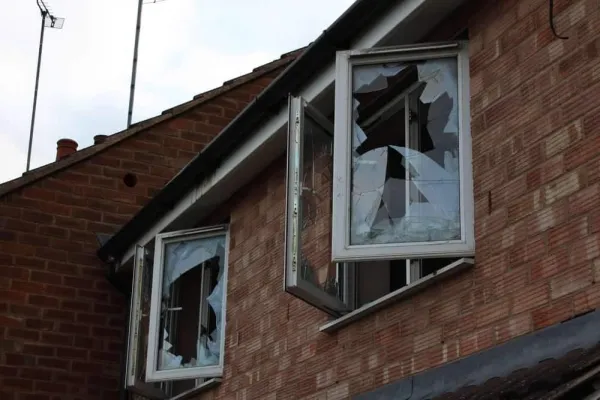Property prices vary considerably across the UK.
There’s variation between each country, region, and even postcode.
Read on to learn about the regional house prices of the UK.
Scotland house prices
Independent data states that the average house sale in Scotland is for £233,176.
This is not far from the UK average.
In Central Scotland, £213,761 is the typical house price.
Whereas in Edinburgh, £336,224 is the mean selling price over the past year.
Wales house prices
Welsh house prices are similar to Scottish ones.
According to the most recent data, the national average in Wales is around £236,000.
Detached properties rank above this mean, at £314,807.
Meanwhile, flats are more affordable, at £140,445.
The most expensive part of the country is in and around Cardiff.
Northern Ireland house prices
Northern Ireland has an average house price of £185,000, according to the latest research. This makes it the most affordable country in the UK by quite a distance.
Annual growth is positive in Northern Ireland. Over the past year, property prices have gone up by 9.5%.
Two of the most expensive locations include:
- Causeway Coast and Glens (the northernmost district)
- Lisburn and Castlereagh (just outside Belfast).
North-East England house prices
North-east England ranks as one of the most affordable regions in the country.
Data from Rightmove states that £200,661 is the mean property price in this area.
Northumberland has the highest prices in the region. And Durham is the least expensive.
Detached houses sell for £330,848, whereas terraced properties are roughly £152,602.
North-West England house prices
The north-west of England is another of the more affordable regions in the country. It’s less expensive than the north-east.
The average house price is £181,091.
Cheshire is the most expensive part of the region. The typical property costs going over the £300,000 mark.
You’ll also see significant variation within Liverpool and Manchester.
Yorkshire house prices
A typical house in Yorkshire costs £245,351, according to the latest statistics.
North-west Yorkshire is amongst the most desirable places to live. This is partly due to the beauty of the Yorkshire Dales.
Yet, there isn’t enormous price variation across this county:
- Leeds has an average price of £282,577
- York has an average price of £320,016.
- East Riding of Yorkshire is the most affordable location.
East Midlands house prices
As you move further south, the regional house prices go up.
In the East Midlands, the average property is £270,667.
Rutland is by far the most expensive area in this region, with around £422,000 on average for a house.
And Lincolnshire is the most affordable, at approximately £225,000.
West Midlands house prices
The west midlands has one of the most expensive cities in England, after London.
Birmingham has a typical house price of £250,805, which is far above the regional average.
Warwickshire is the most expensive county in the region. It has an average property price of £346,000.
Meanwhile, one of the more affordable places in this part of the country is Staffordshire.
East of England house prices
The east of England covers major towns such as:
- Norwich
- Ipswich
- Cambridge
- Peterborough.
Property prices shoot up here, compared to other locations further north.
For the entire region, £401,626 is the mean house price.
Parts of north-east Hertfordshire rank as the most expensive in the east of England. This is due to their proximity to London. £526,000 is a rough estimate for the valuations here.
Norfolk and Suffolk are the two more affordable counties in the region, closer to the £300,000 mark.
London house prices
London has the greatest variation in house prices across the area.
In parts of Kensington and Westminster, the average property price goes above £1.5 million. Whereas in Dagenham, £353,633 is the mean.
London is the location with the highest mean house prices in the UK.
Investors from all over the world seek to buy property here, due to its high demand. Rental prices are by far the most expensive in the UK.
South-East England house prices
After London, south-east England is the region with the most expensive properties. £467,942 is typical for the region, with Surrey ranking as the costliest county by far.
The more affordable counties in this region are the Isle of Wight, at £301,000, and Kent, at £382,000.
The major cities in this region have the highest prices. Brighton is known for being expensive, as is Guildford.
South-West England house prices
South-west England has a mean house price of roughly £360,269. 1.6% of the market is valued at over £1 million, while 1.9% is below £100,000.
Prices are extremely consistent throughout the region.
On the lower end, Devon costs £323,000 for a typical property. And the most expensive option is Bristol, at £391,000 on average.
Lots of people are attracted to this region due to the unique setting of Cornwall.
It’s also closer to islands in and around the English Channel.
















